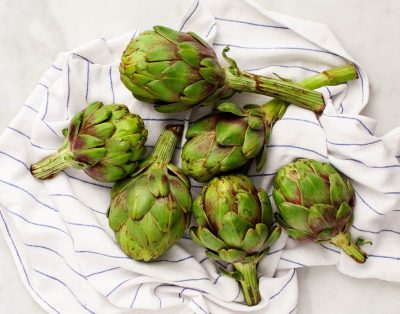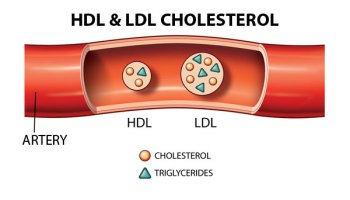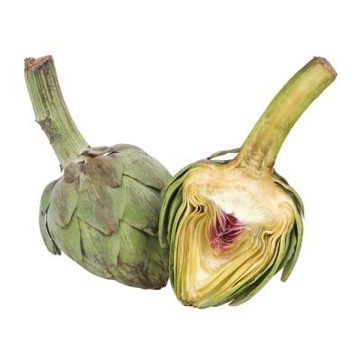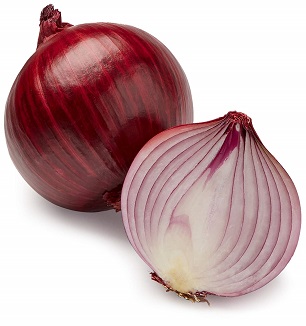
It is important to maintain a healthy level of lipids (cholesterol or triglycerides), as otherwise the risk of cardiovascular (heart) disease increases. There are many medicinal plants that have a hypolipidemic effect (they help reduce lipid levels in the blood) or lipoproteins.
Lipidic profile
Although cholesterol and triglycerides are lipids, we must distinguish between these two different types of lipids that circulate in our blood. Cholesterol is used to build cells and certain hormones, while triglycerides store calories that were not used to provide energy to the body.
Both start from a lipid profile in which the levels of fats in the blood are measured.

Good cholesterol (HDL)
- Poor – Less than 40 mg/dL (men), Less than 50 mg/dL (women)
- Best – 40-59 mg/dL (men), 50-59 mg/dL (women)
- Best possible – 60 mg/dL or more
Bad cholesterol (LDL)
- Normal – 100 mg/dL or less
- Almost normal – 100 and 129 mg/dL
- Maximum limit – 130 and 159 mg/dL
- High – 190 mg/dL
Triglycerides
- Normal – Less than 150 mg/dL
- Maximum limit – 150 to 199 mg/dL
- High – 200 to 499 mg/dL Very high 500 mg/dL or more
Risks of high cholesterol and triglycerides
- High cholesterol and triglycerides can contribute to hardening of the arteries, developing arteriosclerosis.
- Risk of suffering a stroke.
- Heart attack and heart disease.
- Risk of suffering a stroke.
- Extremely high triglycerides can also cause acute inflammation of the pancreas.
- Metabolic syndrome, a condition in which high blood pressure, obesity, and hyperglycemia occur together.
What medicinal plants help me?
In the following list we have put those that are easily found at home.
Avocado (Persea Americana Miller). This pharmacological action is found in the fruit, it helps reduce cholesterol levels. Adding 300 g of avocado to our diet per day is perfect.

Artichoke (Cynara scolymus L.). Various clinical studies show its effectiveness and safety as an adjuvant in the treatment of hyperlipidemia (reduces total cholesterol and triglycerides), diabetes (reduces basal and postprandial blood glucose, as well as glycosylated hemoglobin). Soft fresh leaf extract (15-30:1, aqueous): 600-1,200 mg/day, in doses of 200 mg, or in liquid form: 9 mL/day (20 g of extract/100 mL).
Alfalfa (Medicago sativa L.). The reduction in cholesterol levels has been observed in a group of patients after the administration of 40 g of alfalfa seed extracts three times a day for 8 weeks.
Canary seed (Phalaris canariensis L.). Wide popular use to reduce high cholesterol levels. Decoction (one to two tablespoons per glass, boil for 5 minutes and leave to steep for 6 to 8 hours), 1 to 3 cups a day.
Oats (Avena sativa L.). Supplementation with oats has led to a decrease in cholesterol levels. Different clinical studies have linked oat consumption with a reduced risk of cardiovascular diseases. The consumption of 35-50 g of oat bran, in combination with a low-calorie diet and an increase in physical activity, produces a decrease in body weight and a lipid-lowering effect (reduction in total cholesterol and LDL). Furthermore, supplementation with 28 g of oat bran improves the lipid profile of obese premenopausal women.
Barley (Hordeum vulgare L.). Barley germ oil is hypolipidemic. The soluble fiber of barley has demonstrated lipid-lowering properties, significantly reducing total cholesterol and LDL-cholesterol. Barley germ oil: 1-3 tablespoons a day.

Onion (Allium cepa L.). Sulfoxides, such as S-methyl-cysteine sulfoxide, would be responsible for reducing blood lipids (cholesterol and triglycerides). 50 g/day of fresh onion, 20 g/day of powder or equivalent doses of other preparations.
Coriander (Coriandrum sativum L.). Coriander fruits have also demonstrated antihyperglycemic, lipid-lowering and antioxidant activity.
Flaxseed (Linum usitatissimum L.). Flax seeds protect against cardiovascular accidents and metabolic syndrome by reducing lipid concentrations, blood glucose, blood pressure, oxidative stress and inflammation.
This is a small recommendation since to use them in a treatment it must be under the supervision of a phytotherapist.
PRONAPRESA
"Because prevention is better than cure"





















































